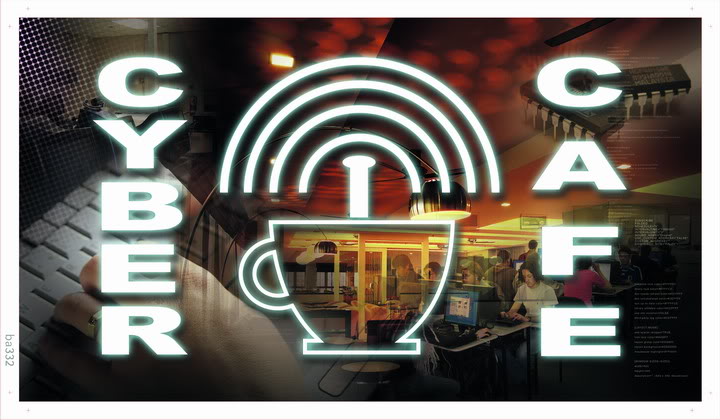How could we not expect the people of Libya to be excited as they move towards a more free and independent media system? According to Fatima el Issawi’s article for the Carnegie Endowment for International Peace, “transitional bodies established after the revolution to reorganize the media sector took radical measures to break with the past, disbanding many of the former media outlets with the aim of creating a freer system. This was interpreted by former state journalists as punishment for their complicity.”
It is not a normal occurrence for people to succeed at a total reform of something government has so much control over. Though Libya is having some issues with journalists from the Gaddafi Era, they are working as hard as they can to get the whole nation to switch to a freer and more true media lifestyle. According to the article there are several things the people of Libya can do to make this transition more smooth. Some of them are to “lobby for the rights and security of journalists, establish a specialized expert body to spearhead the liberalization and reconstruction of Libyan media, reintegrate journalists employed during the Gaddafi era into the new media sector and adopt tailored, long-term training programs.”
They have the support of people in other countries of Africa who have a more understanding government and also a more free media system. According to yourmiddleeast.com, “Libya will likely want to create its own unique system and style. There has been talk of private TV stations and some public service media, possibly like the BBC model, which would properly represent the people. The mix of new media including newspapers and recast old titles will be of paramount importance. Radio is also very much in play and is more important than many people think.”
It is exciting to see the people working towards making their country better. Do you think that this move towards freedom will by successful? What moves do you think the United States would take if we were in the same position as Libya?
http://carnegieendowment.org/2013/05/14/transitional-libyan-media-free-at-last
http://www.yourmiddleeast.com/features/how-can-libya-build-its-independent-media_8984










